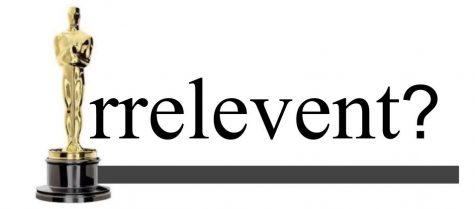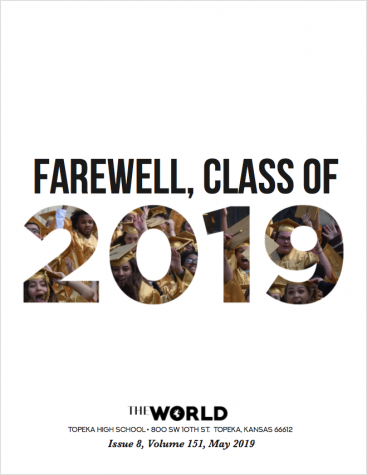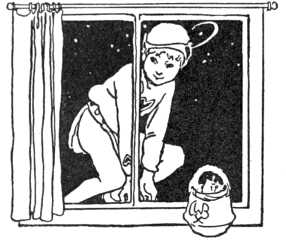Are the Oscars Irrelevant?

For years, I’ve eagerly watched the development of the annual Oscars award show. Is my favorite actress nominated? Who was snubbed? Have I seen (or even heard of) the Best Picture nominees? Who’s wearing who on the red carpet?
And yet I’ve never watched the Oscars on purpose. I’ll flip through channels, see fancy celebrities, check the web to see if it is indeed the Oscars, and then change the channel again when I realize they’re announcing Best Sound Mixing.
Evidently, I am not alone in that. The 2018 Oscars saw the lowest viewership numbers in its 90-year history, and by quite a lot: 26.6 million compared to the former 2008 low of 32 million. The Oscars have experienced an erratic but clear viewership decline since the 55.2 million peak in 1998.
So is this it for the biggest awards show in Hollywood (and ABC’s biggest annual viewer pull)? Contractually it’s airing as usual until 2028, so whether it’s happening is of no immediate concern, but whether it remains culturally relevant for another decade is another matter.
The 91st Oscars have yet to air and have already been fraught with scandal. Slated host Kevin Hart stepped down amid homophobic tweets resurfacing, and after struggling to secure a new host, it seems as though there will simply not be one. Instead, different celebrities will introduce categories and fill in other hosting duties. Many have said the Academy’s difficulty in finding an official host signals a lack of interest and trust in them, one that could spell their doom. Adding to this theory are the consecutive Oscars hosted by Jimmy Kimmel, who was panned both times for his politically-based jokes.
Kimmel’s frequent bits also brought another problem to attention- the Oscars are super long. There are 24 Oscar categories, and between the announcement of each, clips of each possible winner, quips by the host, some pair of celebrities giving a quick introduction before opening the card, showing audience reactions to the winner, and acceptance speeches, each category can take quite a while, and the process can get repetitive. And between pre-shows, red carpet coverage, and after-shows, the whole thing can feel bloated. Most years, the Oscars flirt with a four-hour runtime, giving people plenty of time to change the channel.
Cultural shifts could have also affected viewership. Between #MeToo, growing wealth disparity, and other issues, Hollywood’s signature glitz and glam is beginning to fade. It’s just not as cool anymore to be flippantly wealthy when other people live in abject poverty. It’s hard to romanticize an industry whose corruptness is increasingly apparent. While many celebrities have tried to own the shifts with political digs and rousing calls to action in their acceptance speeches and red carpet interviews, they manage to alienate those who believe the night should be only to celebrate film, not to give yourself a political platform.
So the Oscars’ format could be the source of the decline, but others believe the nominees themselves are at fault. The 1998 Oscars, which is the highest viewed Oscars to date, was the year Titanic won Best Picture. Titanic was the highest grossing movie of all time, eliciting speculation that the film’s popularity brought in viewers. Most Best Picture nominees and winners since have brought in significantly less at the box office than Titanic and other blockbusters. Usually, the Academy favors more indy-artsy-niche films or historical biopics. That can lessen the stakes for a lot of viewers, making them more likely to tune out. But this year Black Panther, one of the highest grossing films of 2018, is nominated for the coveted title. Will it be enough to spike ratings?
If it is, then the Academy may nominate more popular films in the future. They’ve even proposed the idea of introducing a Best Blockbuster category. However, many film enthusiasts and critics worry that that could lessen the credibility of the Oscars (if they think the Oscars credible in the first place). They’re supposed to celebrate the art of film- and most would agree films like Pirates of the Caribbean: Dead Men Tell No Tales aren’t quite worthy of any nominations despite pulling in big box office numbers. It could also edge out smaller movies that need the exposure the Oscars provide in order to succeed. But do people want to see movies they’ve never heard of win awards? Do they care which movies made the best sounds?
And the Academy’s trustworthiness in deciding the quality of film has been contested many times over. Some members have even admitted to not watching all the nominees before voting. The Academy can also be predictable in their choices, spawning the term “Oscar bait”, referring to movies that seem to be made specifically to garner nominations. There have also been accusations of votes being bought. Not to mention aggressive “For Your Consideration” campaigns, and the fact that ABC is owned by the Disney Corporation, which many have said compromise the Academy’s impartiality.
And then again, maybe there isn’t a problem at all. Television tends to go through cycles- viewership declines, viewership stagnates, viewership rises. Maybe this year the Oscars will skyrocket in the ratings, removing the question of relevance altogether. Or maybe it will continue to fade into the deep dark reaches of pop culture. Maybe there isn’t any actual corruption and the bought votes and unseen movies don’t make a lick of difference. Or maybe the Oscars have never been fair anyway. But in any case, if they want to stay on the ever-crowded media platform that is television, something needs to change. What, exactly, I don’t know. But whatever happens on February 24 may change the course of one of Hollywood’s longest traditions.








